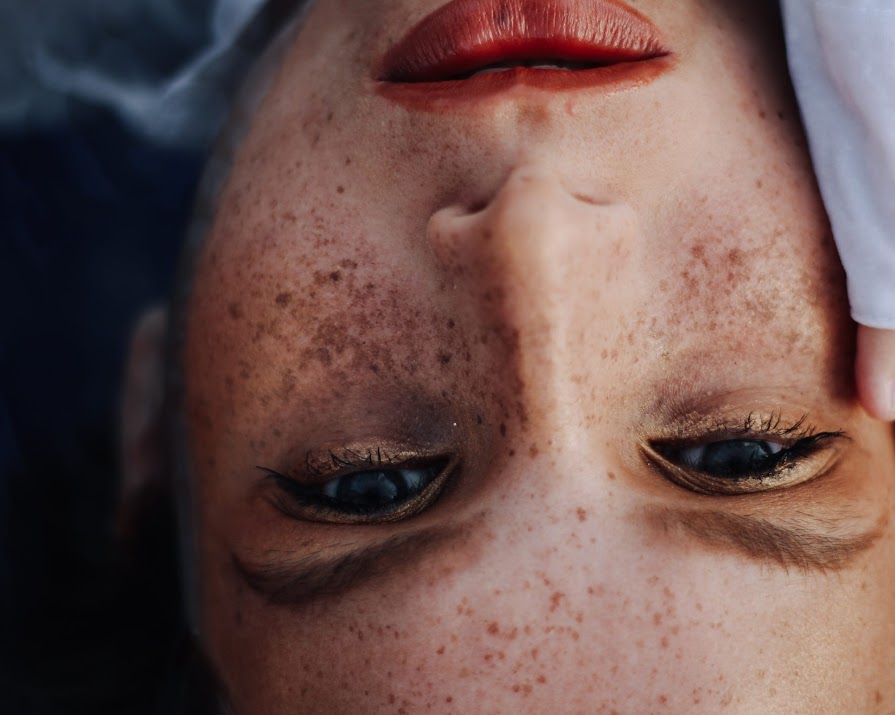
By Jennifer McShane
09th Mar 2020
09th Mar 2020
While Ireland is still in the containment phase when it comes to the Coronavirus, everyone can do their part to help. This means washing our hands regularly (and properly) and taking care to protect yourself and stop the potential spread of germs which cause the virus. One of the ways this can be done is by avoiding touching your face
Coronavirus, as we now know, is spread in sneeze or cough droplets. To infect someone, the virus has to get from an infected person’s nose or mouth into another person’s eyes, nose or mouth. This can be direct or indirect (on hands, objects, surfaces).
And throughout the day, we touch a lot of surfaces — door handles, railings on public transport — where viruses, including the coronavirus, can linger for days. From there, microbes can piggyback on our fingertips to our noses, mouths or eyes, all of which are entry portals for the virus – especially if we touch our faces without washing our hands.
Natural instinct
Realizing basically all I do is touch my face.
— Seth Rogen (@Sethrogen) March 3, 2020
Kevin Chapman, a psychologist and the director of the Kentucky Centre for Anxiety and Related Disorders told Business Insider, that the majority of us feel the need to frequently touch our faces because this subconsciously signals you’re self-aware to others who may be around you.
“Public self-awareness generally refers to our awareness of ourselves from the perspective of other people, which is inevitably triggered during social interactions,” he said.
“People examine the faces of others and are sensitive to various facial cues, so face touching may be in part related to the natural tendency to be sensitive to our faces and our facial expressions.”
It’s effortless and a natural part of the human condition; according to a 2015 study, 26 people touched their faces an average of 23 times an hour but other studies indicate some of us could do it up to 100 times.
Tips to help you kick the habit
There are some simple things you can do to help:
Keep tissues to hand. Keep a box close by or take tissues while going out and try to instinctively reach for them instead of your hand if you feel a cough or sneeze coming on. Or, if you don’t have them, remember to sneeze or cough into your arm.
A distraction is a good idea too. If you’re a fidgeter and find it hard to kick the habit, having something near such as a stress ball, or even a simple bracelet or rubber band around the wrist to keep your hands busy could help.
Try not to overthink it. If you stress about it, it will make it worse. A study from 2014, indicated that “spontaneous facial self-touch gestures are performed manifold every day by every human being, primarily in stressful situations.”
Main photograph: Pexels
Read more: Coronavirus: Will I still get paid if I’m forced to self-isolate?
Read more: BREAKING: St Patrick’s Day parades are cancelled amid Covid-19 outbreak























